"This morning I was thinking about the things that all young people should know how to do regardless of income, geographical location, life goals, etc. I started a list – see below. Some have “always” been true – some are unique to this century of learning. Let me know of any other universal skills you believe young people should know how to do."
Get Started for FREE
Sign up with Facebook Sign up with X
I don't have a Facebook or a X account
 Your new post is loading... Your new post is loading...
 Your new post is loading... Your new post is loading...

Gary Faust's curator insight,
July 27, 2013 12:19 PM
These guidelines are particularly helpful in evaluating "science" sources. So much that isa presented as "science" is biased and may be more appropriately categorized as "political science". 
Alejandro Ibañez Bonilla's curator insight,
January 9, 2014 9:32 AM
Pasos para evaluar la información en línea...

Jaime Parker's curator insight,
July 10, 2013 2:22 PM
I have a friend who teaches English courses at the college level and this is her biggest complaint. She says that the students simply do not know how to research. They don't know how to use databases or how to evaluate websites which seems so crazy to me. I'm not sure why these skills aren't being taught or integrated into every content area. Perhaps too much time is being spent preparing students for standardized testing.
Mayra.Loves.Books's curator insight,
July 10, 2013 7:07 PM
What to expect when librarians are being cut everywhere or stretched so thin to covel 4 schools in one week?
|

Dean Mantz's curator insight,
July 29, 2013 12:33 AM
I would like to add to Beth Dicther's share, via Richard Byrne's Free Technology 4 Teachers, that website evaluation skills should be a necessity for any student and educator regardless of online or face-to-face. |



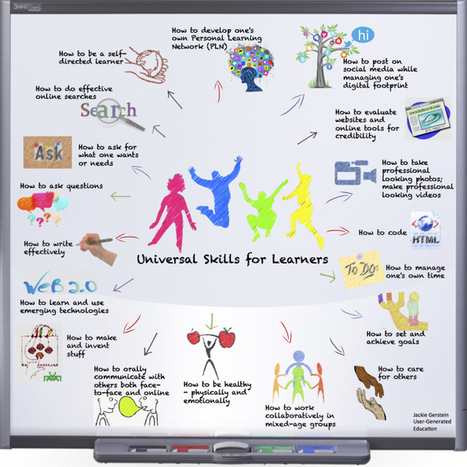

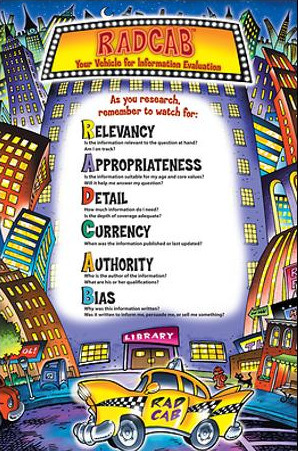

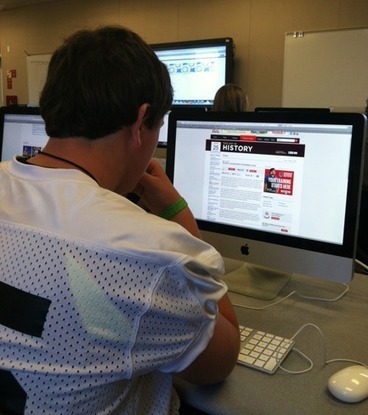
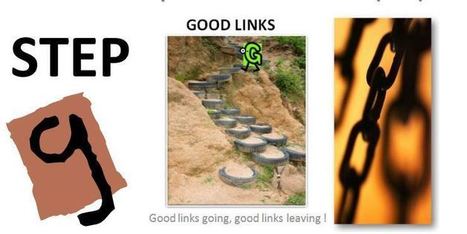
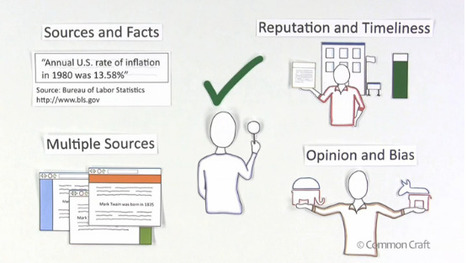






The best question she asks is 'Which are taught in school? Which should be?' These are great questions to explore as a staff in looking at these universal skills.